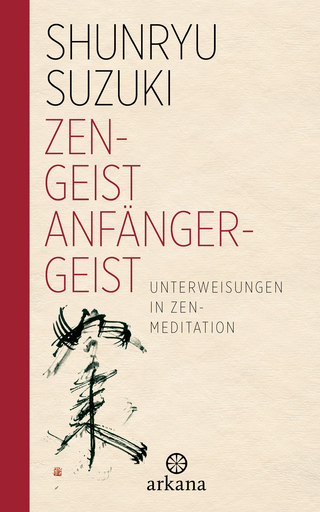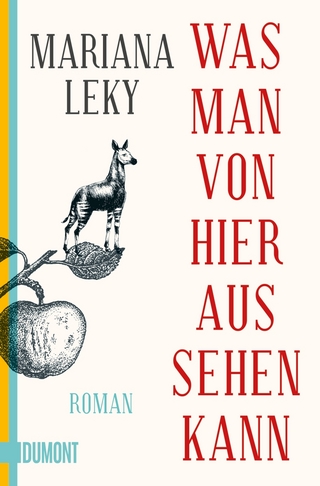
What Is Enlightenment
Can China Answer Kant's Question?
Seiten
2010
State University of New York Press (Verlag)
978-1-4384-3105-5 (ISBN)
State University of New York Press (Verlag)
978-1-4384-3105-5 (ISBN)
A cross-cultural work which reinvigorates the consideration of enlightenment.
What is enlightenment? Wei Zhang brings together the fabled consideration of enlightenment by Kant, his contemporaries, and modern respondents such as Habermas and Foucault with the question "What is Chinese enlightenment?" Kant and his peers began a discussion of the notion of enlightenment in the pages of the Berlinische Monatsschrift when that newspaper's editor posed the question "Was ist Aufklärung?" in 1784. Chinese intellectuals began a similar consideration in the wake of the May Fourth cultural movement of 1919, which marked a self-conscious break from the feudal past and a new engagement with the West.
Zhang asks to what extent European enlightenment can be regarded as purely philosophical and isolated from political events and, alternately, to what extent the Chinese enlightenment can be split into separate political and intellectual discourses. Her work yields a new set of conceptual questions and practical issues and provides new energy to the dialogue on political and cultural modernity. In cross-cultural context, Zhang finds the answers to the question "What is enlightenment?" are multiple, pluralistic, dynamic, and self-renewing.
What is enlightenment? Wei Zhang brings together the fabled consideration of enlightenment by Kant, his contemporaries, and modern respondents such as Habermas and Foucault with the question "What is Chinese enlightenment?" Kant and his peers began a discussion of the notion of enlightenment in the pages of the Berlinische Monatsschrift when that newspaper's editor posed the question "Was ist Aufklärung?" in 1784. Chinese intellectuals began a similar consideration in the wake of the May Fourth cultural movement of 1919, which marked a self-conscious break from the feudal past and a new engagement with the West.
Zhang asks to what extent European enlightenment can be regarded as purely philosophical and isolated from political events and, alternately, to what extent the Chinese enlightenment can be split into separate political and intellectual discourses. Her work yields a new set of conceptual questions and practical issues and provides new energy to the dialogue on political and cultural modernity. In cross-cultural context, Zhang finds the answers to the question "What is enlightenment?" are multiple, pluralistic, dynamic, and self-renewing.
Wei Zhang is Associate Professor of Religious Studies at the University of South Florida and the author of Heidegger, Rorty, and the Eastern Thinkers: A Hermeneutics of Cross-Cultural Understanding, also published by SUNY Press.
Introduction
Two “Unrelated” Questions
1. What Is Enlightenment?
A Kant-Foucault-Habermas Sequence
2. What Is Chinese Enlightenment?
Can China Answer Kant’s Question?
3. Hermeneutics as Politics
May Fourth Appropriation of a Confucian Model
4. History and the Present
A May Fourth Critique of Spurious History
Conclusion
So . . . What Is Enlightenment?
Notes
Selected Bibliography
Index
| Erscheint lt. Verlag | 1.7.2010 |
|---|---|
| Reihe/Serie | SUNY series in Chinese Philosophy and Culture |
| Zusatzinfo | Total Illustrations: 0 |
| Verlagsort | Albany, NY |
| Sprache | englisch |
| Maße | 152 x 229 mm |
| Gewicht | 345 g |
| Themenwelt | Geisteswissenschaften ► Religion / Theologie ► Buddhismus |
| ISBN-10 | 1-4384-3105-8 / 1438431058 |
| ISBN-13 | 978-1-4384-3105-5 / 9781438431055 |
| Zustand | Neuware |
| Haben Sie eine Frage zum Produkt? |
Mehr entdecken
aus dem Bereich
aus dem Bereich
Philosophische Betrachtungen
Buch | Softcover (2024)
Aufbau TB (Verlag)
12,00 €
Unterweisungen in Zen-Meditation
Buch | Hardcover (2024)
Arkana (Verlag)
20,00 €


